As a pre/post natal personal trainer I have trained multiple female clients during and after pregnancy, and one of the most common concerns is the “Breastfeeding Diet”. I am often asked “What is the Best Breastfeeding Diet?” and “What foods will affect my breast milk?” or “Are there any foods to avoid while breastfeeding?” The truth is, every new mother will have a different breastfeeding experience as every baby is different. Each new mom will have her own optimal breastfeeding diet, as every child has his/her own sensitivities and unique cell make ups. This makes it vitally important to understand that you need to do your research and it is always a good idea to consult your doctor. I have put together a simple list of foods you may want to avoid while breastfeeding as a starting point:
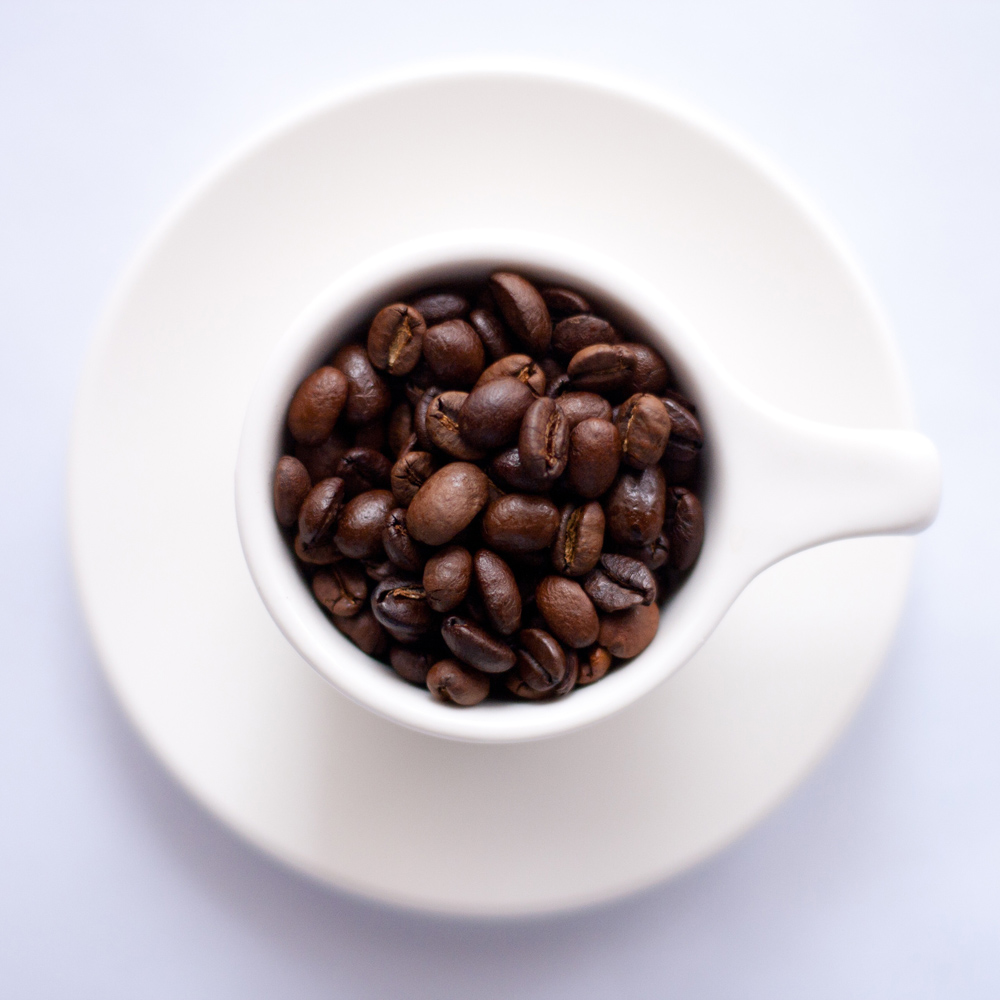
CAFFEINE
Newborn babies don’t process caffeine the same way that adults do. Too much caffeine in your breast milk can lead to insomnia, fussiness and negative effects on your baby’s nervous system. If you need caffeine while you are breastfeeding, try to get it when your baby is napping so it doesn’t affect your breast milk. However, you probably should be trying to “sleep when they sleep” as the old adage goes, so it may be better to try to avoid caffeine all together.
FISH
Your breastfeeding diet will probably have many similarities to the diet you kept while pregnant. It is advised that you follow the same rules and avoid fish with high mercury contents. Swordfish, Shark, Grouper and Halibut are considered to be the fish with the highest Mercury count, but also be careful not to over eat Orange Roughy and Tuna while breastfeeding. This doesn’t mean you have to take fish entirely out of your diet while breastfeeding. If you follow the exact same rules you followed when you were pregnant and typically you’ll be on the right track while breastfeeding, but make sure to consult with your doctor.
ALL DAIRY
Dairy is the most common problematic food for breastfed babies, and therefore high on the list of foods to avoid while breastfeeding. If your baby is suffering from eczema, sleep issues or is particularly fussy after nursing your personal dairy intake may be the problem.
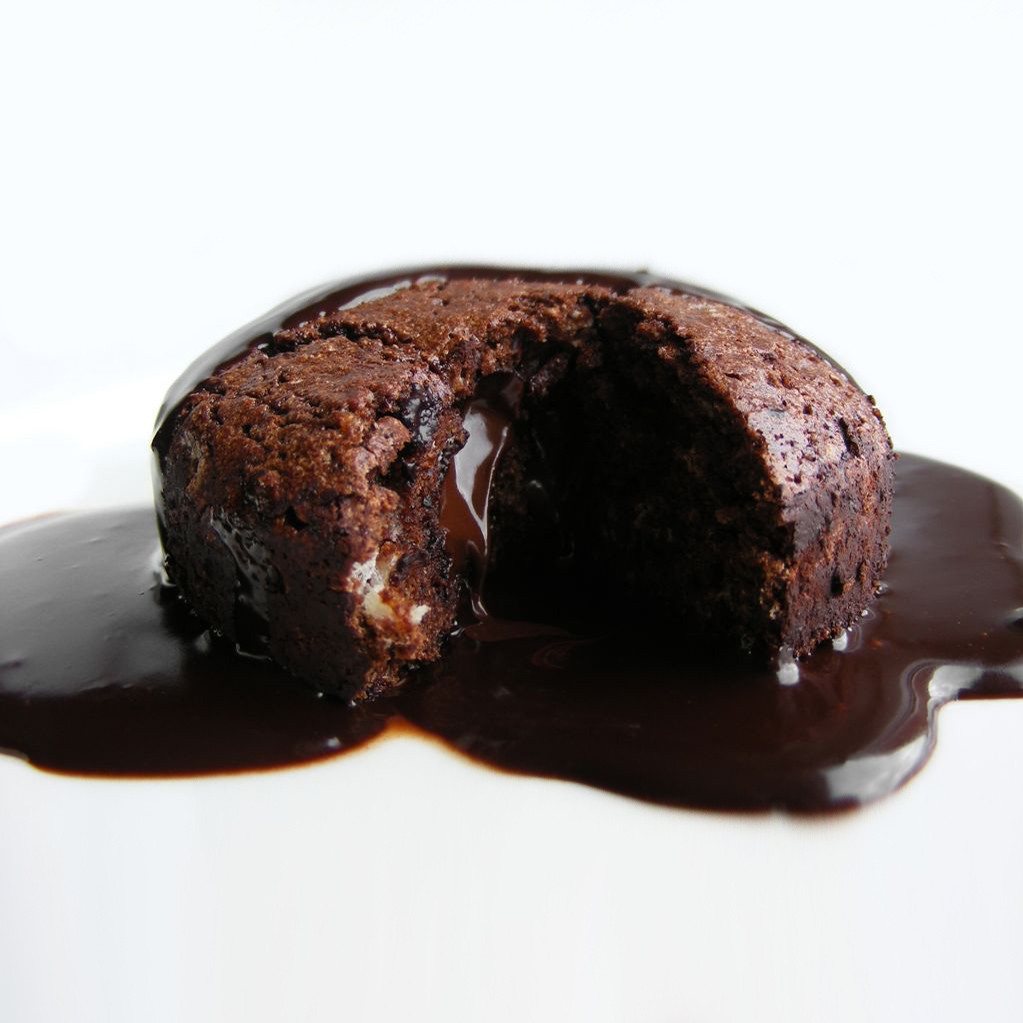
CHOCOLATE
It isn’t necessary to completely remove chocolate from your breastfeeding diet, but you should know that chocolate has a laxative effect on babies. So if you want to cut down on dirty diapers or less runny stools, it may be in your best interest to avoid or reduce you chocolate intake while you are breastfeeding.
CITRUS
Eating citrus foods while breastfeeding your baby can cause spitting up, fussiness and diaper rash. Adding mango and pineapple to your list of breastfeeding diet foods can be a better way to naturally get your vitamin C.
PARSLY AND PEPPERMINT
I recommend you completely steer clear of these herbs while you are breastfeeding your baby. Both parsley & peppermint can reduce your milk supply (which is vitally important to your baby’s health). The first few month of breastfeeding is when you will have the most milk supply and chance to pump for a rainy day. I would especially avoid these foods when you first begin to breastfeed.
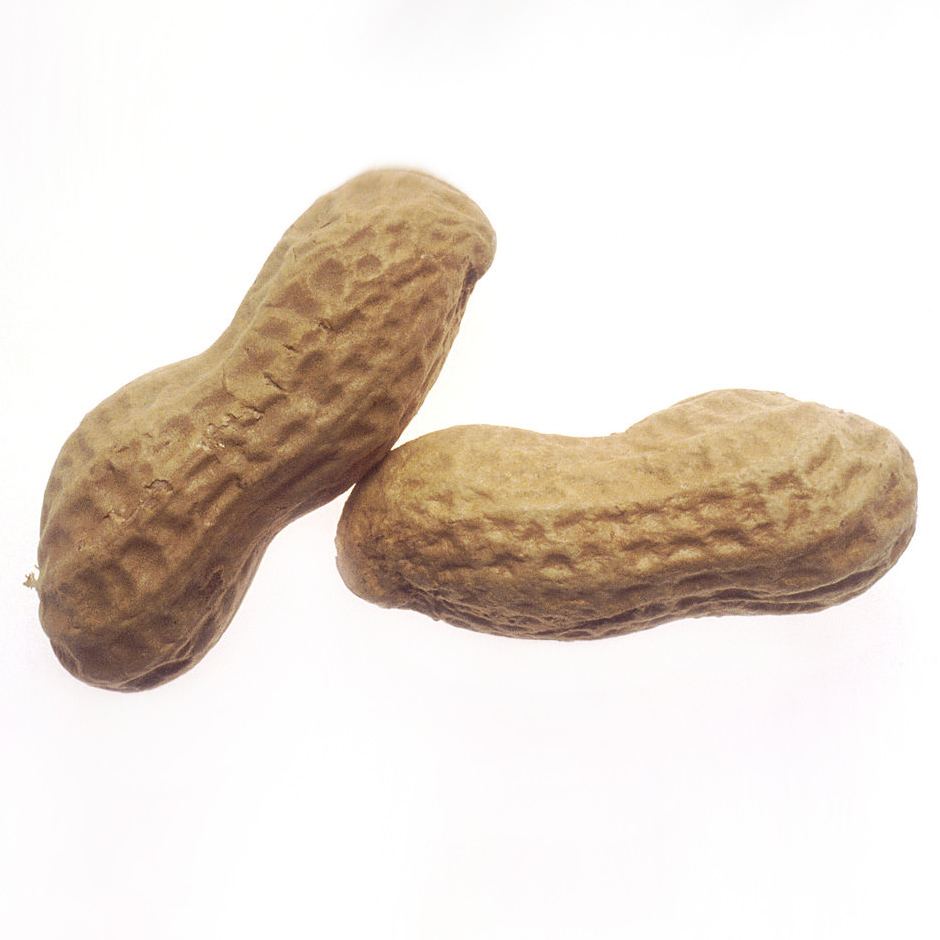
PEANUTS AND PEANUTBUTTER
Ask your doctor about peanut and tree nut allergies. If you don’t have a history of allergic reactions then small amounts will probably be okay to eat while breastfeeding. If you want to be on the cautious side it’s best to avoid tree nuts while nursing, particularly peanuts.
ALCOHOL
Okay this is an obvious one. Alcohol is absolutely on the list of foods to remove from your diet while breastfeeding. Alcohol does get into breast milk and can negatively affect your baby. It takes the human body 1 to 2 hours to metabolize a glass of wine or beer. So if you want a drink, make sure it’s a couple hours before you breastfeed or you have plenty pumped breast milk stored.
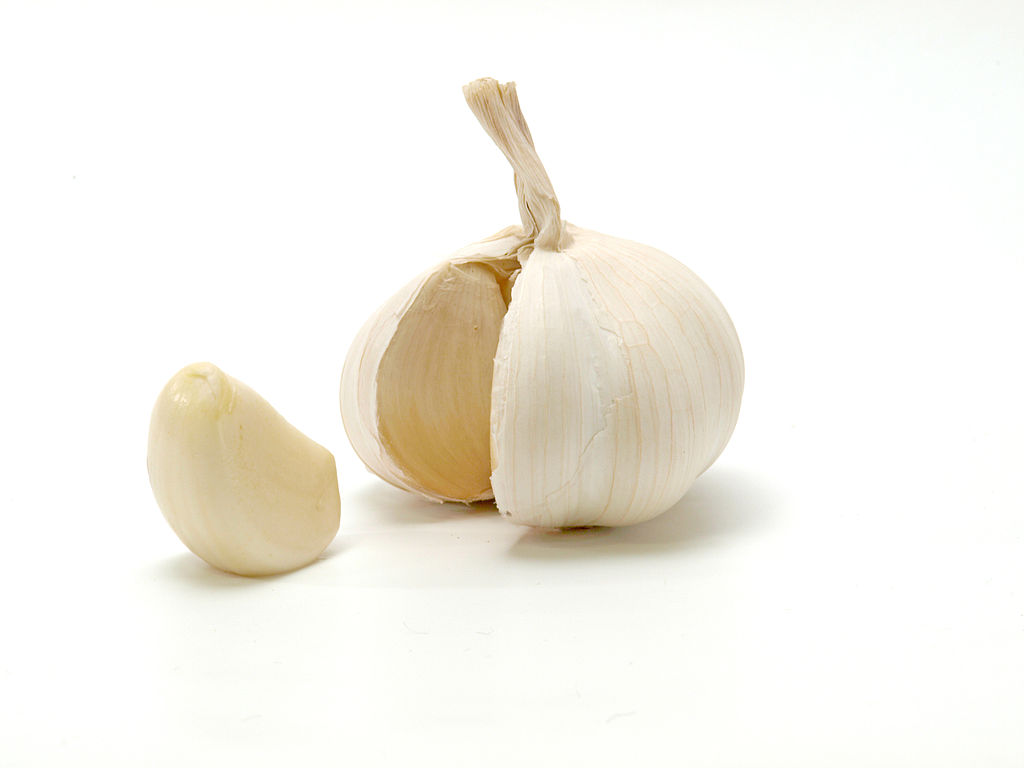
GARLIC
Garlic can give your breast milk a rancid smell that might turn your baby away. Eating a lot of garlic can become quite bothersome for a breastfed baby. If your child refuses to nurse consider the last time you ate something with garlic in it.
WHEAT
Wheat, particularly gluten, is linked to infant fussiness and upset stomach. The best way to determine if wheat is a problem for your baby is to minimize your wheat intake or eliminating it entirely form your breastfeeding diet.

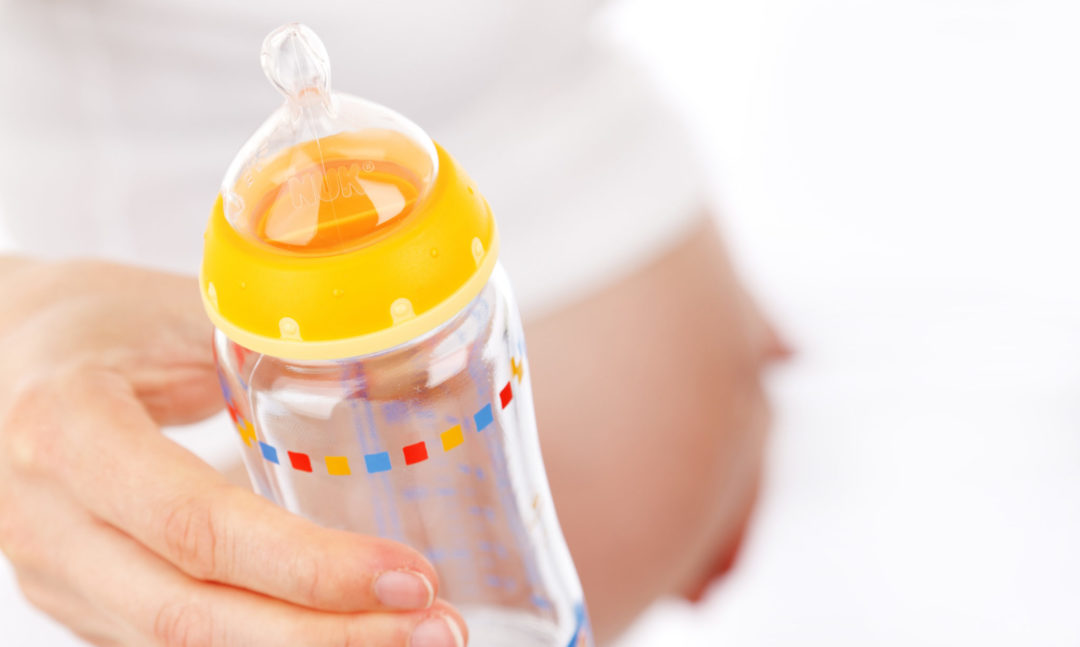
Recent Comments